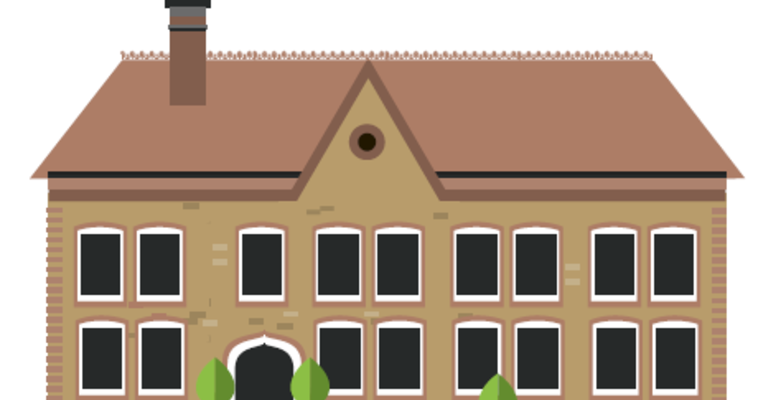
Assistant Head Mr A Beard talks about the plastic revolution currently taking place at KGS.
Just over a year has passed since the BBC screened a seminal episode of its Blue Planet II documentary series. The Our Blue Planet episode addressed the impact of human anthropogenic activity on the oceans. In particular, it looked at how microplastics and pollution are an increasing problem for the world’s seas, not just threatening the lives of marine life but ultimately affecting the entire ecosystem. The impact of the programme was immense and it is perhaps fair to say that 2018 became the year of plastic (or rather anti-plastic) as a result, with an increasing number of people looking to reduce the amount of plastic waste that they generate because of the interest Blue Planet IIgenerated.
In 2018, Kingston Grammar School (KGS), partially inspired by Blue Planet II and through a desire to commit to mirroring the ‘Plastic Free Parliament’ initiative launched in Westminster, set out to become ‘plastic free’ too.
In particular, the ‘Plastic-Free KGS’ initiative sought to eradicate the following items from use at the school: plastic cutlery and cups; plastic straws and stirrers; single-serve condiments; single-use water and soft drink bottles; polystyrene coffee cups. The degree of support for the initiative from the whole school community (students, parents, staff and alumni) has been heartening and, as a result, an encouraging degree of progress has been made both in terms of education and in reducing the amount of plastic waste generated.
Indeed, as a school much has already been done, including holding assemblies with multiple year groups to hosting lectures by marine biologists and environmentalists (to educate students and staff about the impact of plastic waste), issuing all of our new First Year entrants with reusable water bottles (so they get into good habits early and avoid single-use bottles) to addressing our staff use of plastics by removing polystyrene coffee cups from the staff room and replacing single-use water bottles for events throughout the year. In the place of plastic have come reusable coffee cups manufactured from sustainable bamboo, and refillable drinking bottles. As a result, KGS estimates that it has reduced its annual waste by around 50,000 polystyrene cups and around 2500 single-use water bottles. The School has also partnered with Surfers Against Sewage (SAS), a charity which looks to reduce plastic waste and other pollutants in our seas and rivers; KGS is now signed up to the SAS ‘Plastic Free Schools’ project, with the hope of undertaking a first ‘beach clean’ along the tidal Thames in 2019.
The School has also welcomed the support of alumni, in particular Sophie Dunster (class of 2010) a London-based designer and the founder of ethical fashion brand, Gung Ho designs which produces collections made using sustainable local fabrics which highlight environmental issues. From December 2018 through to February 2019, Sophie’s ‘Plastic Oceans’ collection is on show in the Baxter Gallery at KGS, alongside the installation of an art project crafted from single-use plastic bottles collated by KGS students. The designs are striking, not just because of the richness of their design and colours but also because in the words of Gung Ho, “they weave more meaning into the prints by illustrating particular environmental issues.”
As things stand, though, only about 9% of plastic waste is recycled globally and much of the remaining solid plastic waste generated since the 1950s, an estimated 4.9 billion tonnes, ends up in the world’s oceans. To put things in perspective, according to a paper published by Roland Geyer from the University of California in 2017, had this been dumped in a landfill site, this site would now be the size of Manhattan. With that said, reducing plastic waste alone is not going to resolve the environmental challenges which face the planet and critics have pointed out, for instance, that many supermarket shoppers have merely bought ‘bags for life’ each week rather than reusing them as intended, thereby suggesting that initiatives to reduce plastic bag waste may actually have been counter-productive. Other critics suggest that reducing plastic waste is a distraction from the more important issue of tackling the threat of climate change or species extinction and bio-diversity loss. They may well be right.
The reality, however, is that all of these issues are important and need addressing and that the drive to reduce plastic waste can be a useful tool via which schools and other institutions can use to educate people with a view to them becoming more environmentally conscious and generating a plastics revolution which might, one day soon, lead to an environmental revolution.
.png&command_2=resize&height_2=85)























